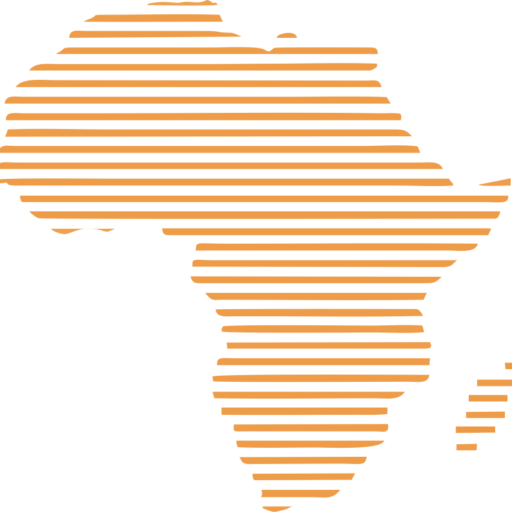Mining and Energy
Mining and Energy
Over the past two decades, Africa has experienced a boom in extractive commodities. Africa is home to many of the minerals essential to the energy and technology industry ranging from hydrocarbons such as oil and natural gas to minerals such as gold, copper, and rare earth metals. The extractive industries comprise about 60-70% of Africa’s exports, contributing significantly to government finances with funds for capacity development and infrastructure building. With population growth and rising energy needs, most African countries require a major expansion of the power systems and energy supply. This presents substantial opportunities for companies and investors that have the expertise and capacity to tap into the market.
Agriculture
Agriculture
About 23% of sub-Saharan Africa’s GDP comes from agriculture. Africa’s full agricultural potential remains untapped. A recent analysis showed that Africa could produce two to three times more cereals and grains, than it currently produces, which would add 20 percent more cereals and grains to the current worldwide 2.6 billion tons of output. Realizing Africa’s untapped agricultural potential will require investments in fertilizer production, improved seeds, storage facilities, road, and port infrastructure, and trade facilitation which present substantial investment opportunities for stakeholders looking to explore this sector in Africa.
Real Estate Development
Real Estate Development
with a population growth rate of approximately 2.6%, increasing rural to urban migration, and the growing middle class, estimated to grow from 335 million to 1.1 billion by 2050 according to the African Development Bank, the need for real estate development across most African countries has never been greater. With demand for larger homes, high-quality office space, and warehousing being highly sort after, opportunities abound for investment in the sector. Some of the key African countries that are realizing opportunities for real estate investment include Nigeria, Ghana, Kenya, Cote d’Ivoire Mozambique, and Zambia.
Fintech
Fintech
Africa had historically lagged in traditional financial services such as loans, insurance, and credit facilities. In recent years, the continent has begun to witness unprecedented growth in its Fintech sector to fill the gap with start-ups, mostly fintech, securing around $330.5 million in the first half of 2021. From Africa’s skyrocketing young population to innovations aimed at solving the financial service needs of the people on the continent, there are still ample opportunities for disruption and growth in this space across Africa.
Africa-Focused FDI
Africa-Focused FDI
In 2000, Africa’s population of around 820 million accounted for about 13% of the world’s 6.1 billion people. In 2018, this share had increased to around 17%, as its population expanded at more than twice the global rate. This rapid growth is increasing putting pressure on existing infrastructure and accelerating the need for substantial investments in core sectors like Agriculture, Energy, Healthcare, etc. FDI in these sectors holds potential for unleashing substantial economic growth across Africa and offering above-average returns for investors in the space.
Tourism and Hospitality
Tourism and Hospitality
Tourism has become increasingly vital to the African economy. In 2019, the industry accounted for about 7% of Africa’s GDP and contributed $169 billion to its economy. Africa’s growing middle class, its soaring population of young travelers hungry for adventure, and the recently launched African Continental Free Trade Area (AfCFTA), the world’s largest free trade area by the number of participating countries, are among the pillars seen supporting the future growth of domestic and regional tourism in the continent.The sectors still lag significantly in terms of infrastructure to support tourism like hotels, transport, destination facilities, etc. these present huge opportunities for investors interested in the space.
Social Impact Investment
Social Impact Investment
With the Social, environmental, and economic challenges still faced by many African countries, impact investing can play a substantial role in addressing some of the most pressing challenges. Social impact investors can tackle these challenges in places that lack sufficient government resources and development aid. A recent report by The Rockefeller Foundation and JP Morgan (2010) suggests that impact investments are emerging as an alternative asset class that could grow to represent a global market of US$ 500 billion in five to ten years. The implication for Africa is immense. Now is the time to deepen our understanding, increase awareness, and foster dialogue on impact investing in the region.
Education
Education
Even though Africa currently has above-average primary school enrolment at an average of 80%, there are still substantial disparities and inefficiencies in education subsectors such as pre-primary, technical, vocational, and tertiary education, which are severely underdeveloped. This presents a challenge and an opportunity at the same time. Technology access in Africa means that some of these deficits can be tackled more rapidly and cost-effectively with education models that leverage technology. With a burgeoning young population, the education sector in Africa remains ripe for investment.
